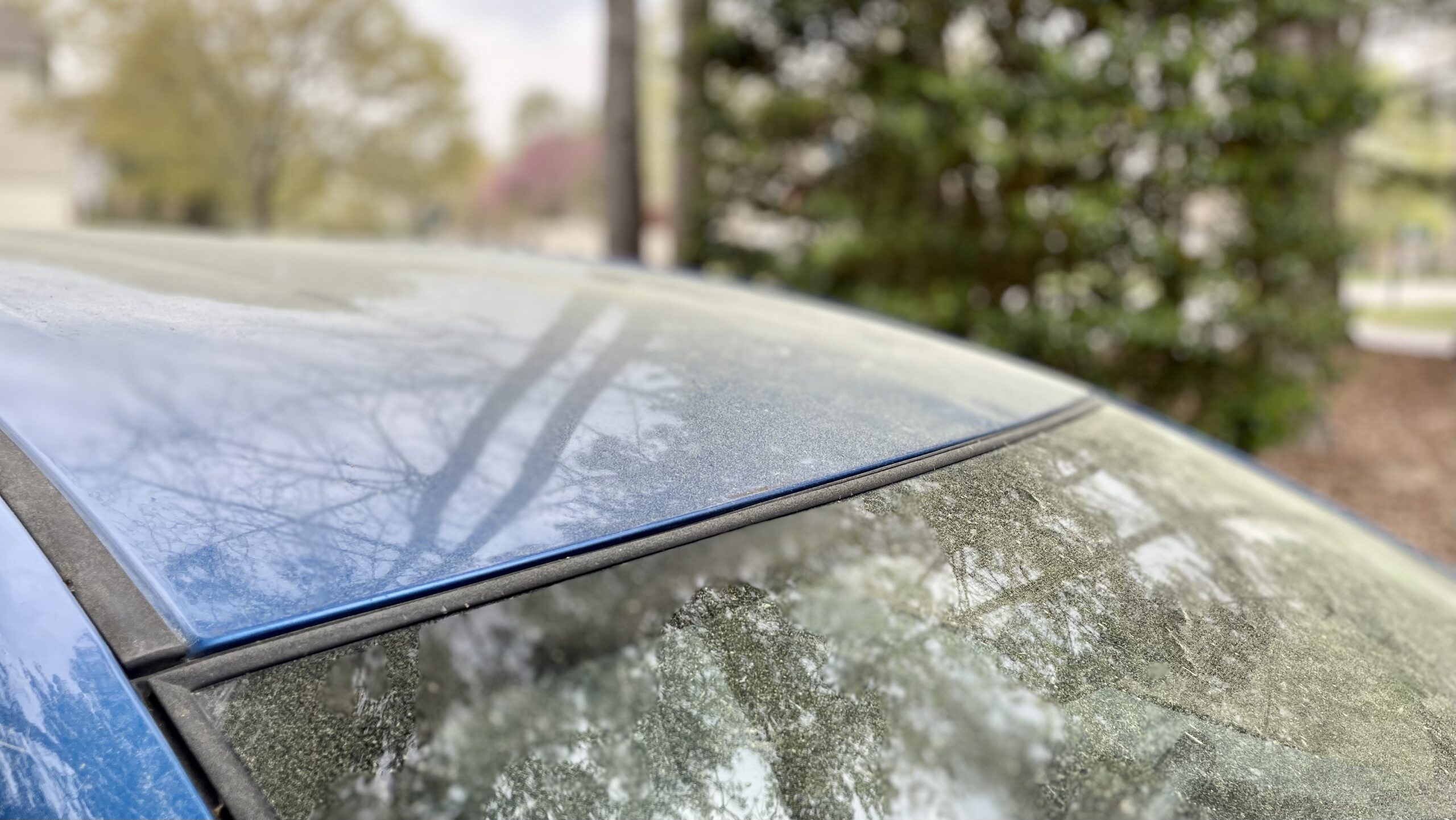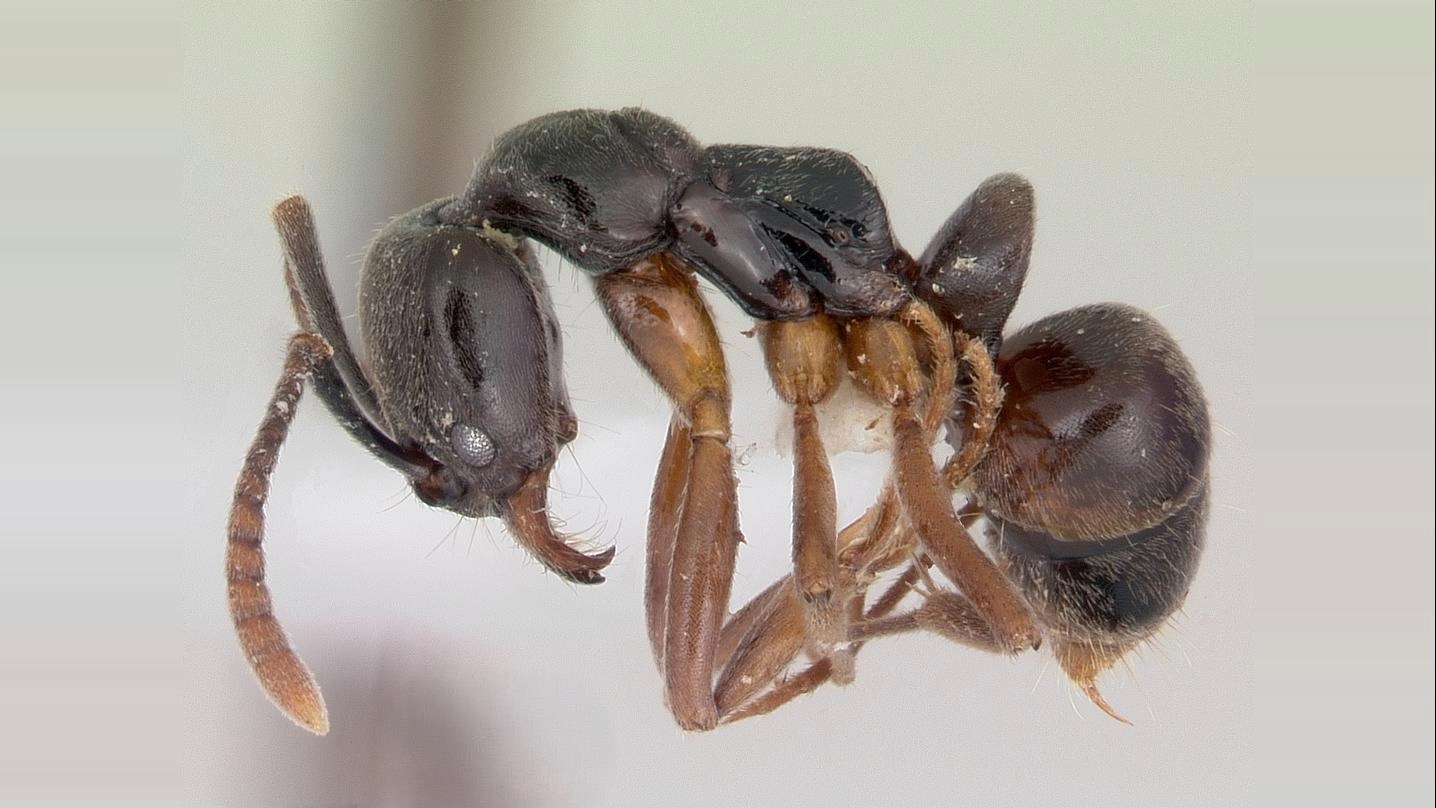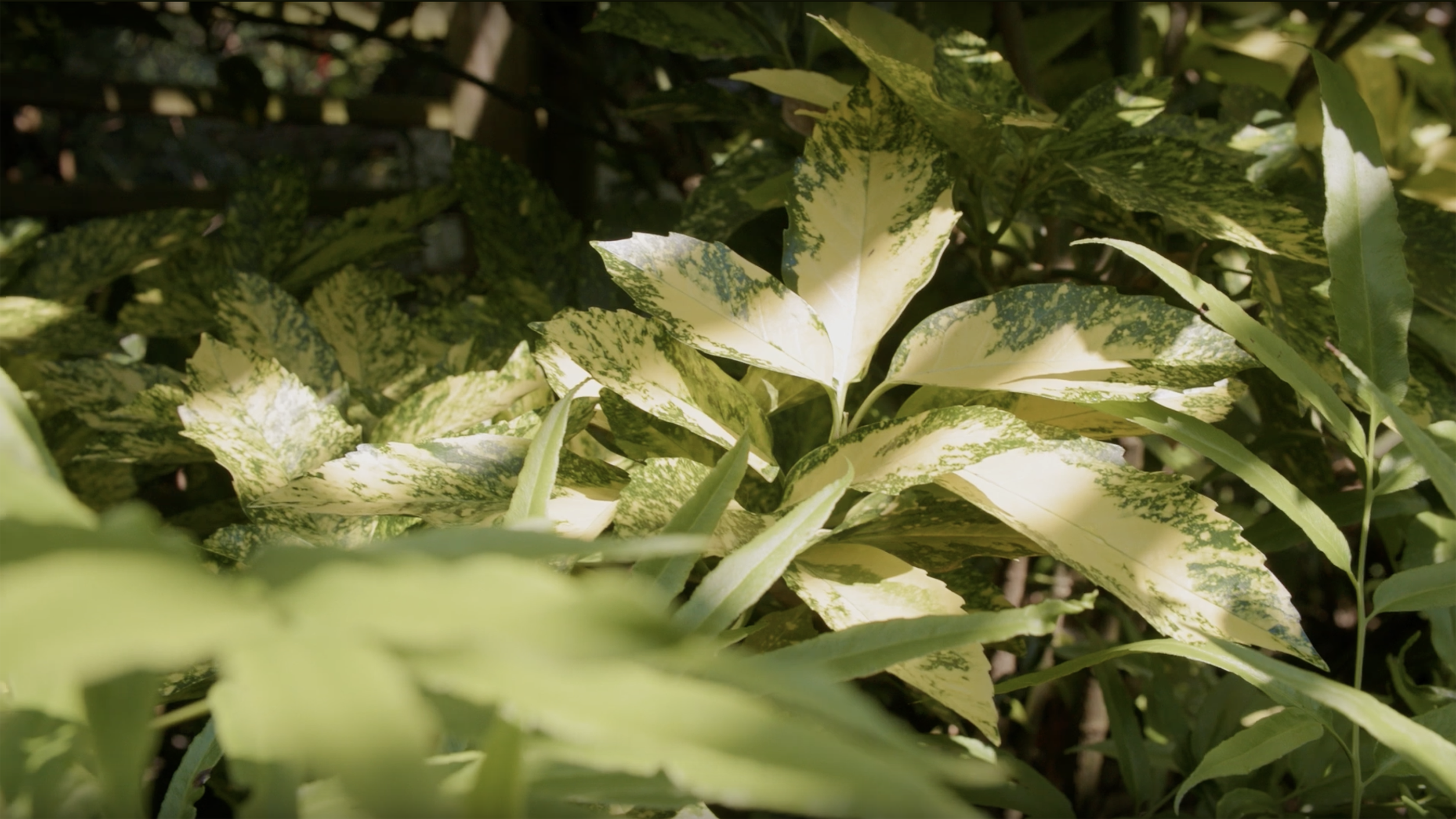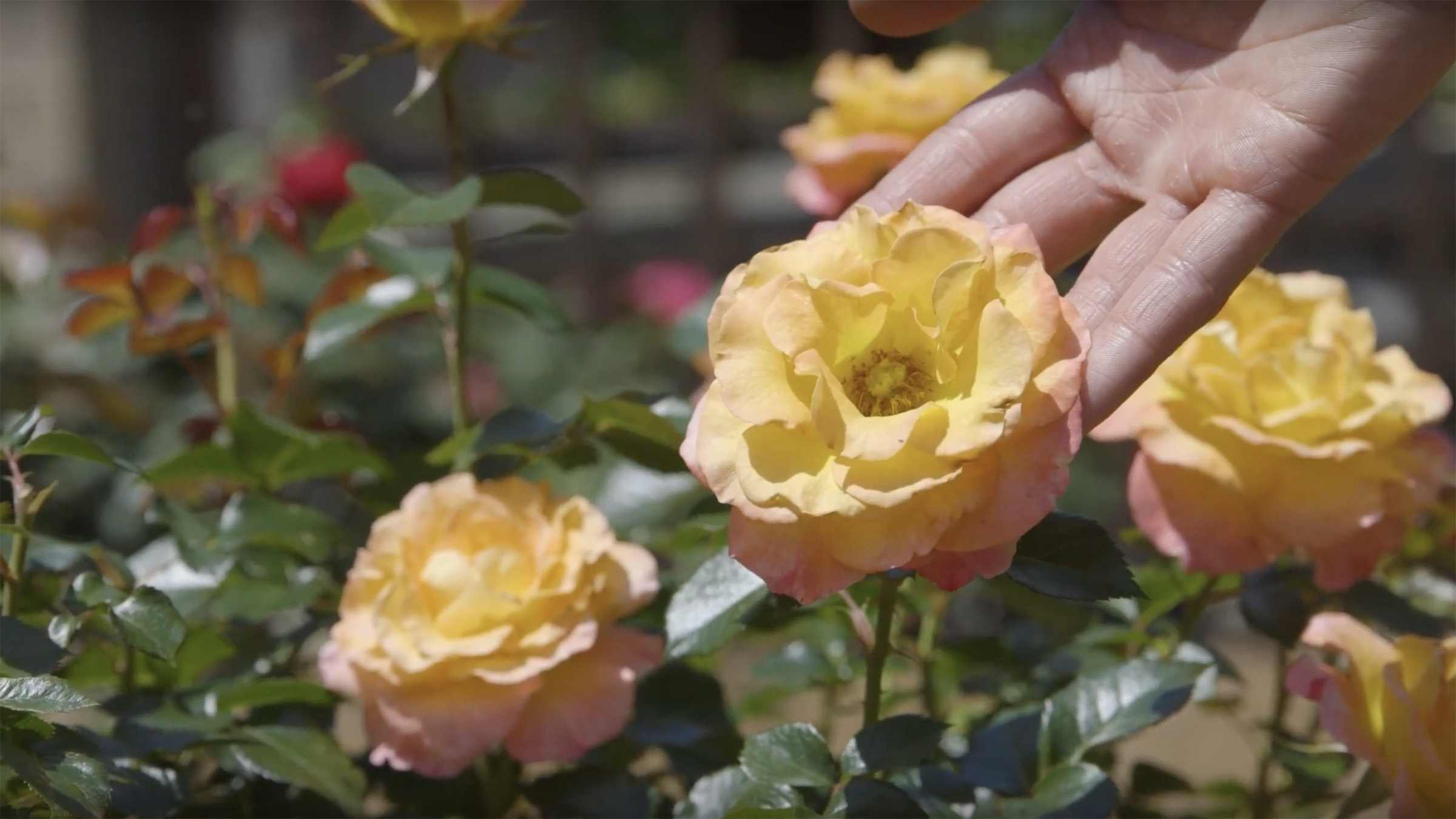It’s that time of year when clocks jump forward, flowers burst into bloom and all of our vehicles are dyed a dull shade of yellow – welcome to another North Carolina spring and the arrival of pollen season!
The yellow pollen coating your car – as well as sidewalks, patio furniture, pets and so on – is produced by pine trees. Mostly loblolly pines, to be specific, which are the prevalent pine species in the Southeast.
Runny nose and itchy eyes aside, pollen plays an important role in our everyday lives – no pollen would mean no food.
Pine pollen grains are large, have a distinctive shape and are much easier to see – which also makes pine pollen a prime suspect for seasonal allergies. As it turns out, however, pine pollen is NOT a significant allergen, according to Bob Bardon, forestry expert and associate dean for Extension in the College of Natural Resources at NC State.
The real culprits behind your coughing, sneezing and watery eyes this time of year are likely grasses or hardwood trees, such as maple and oak. Grass and hardwood trees produce tiny, less visible pollen that’s also quite rough and irritating (hence the allergic reactions).
While pollen tends to catch a bad rep, what with allergies and all, our lives would look very different without it. As a society, we rely on plants for food, fiber, medicine, materials and many other everyday applications. Since pollen is how plants reproduce and continue providing year after year, it’s safe to say the benefits outweigh the seasonal inconvenience.
Predicting Peak Pollen Season
While you can’t evade pollen entirely, predicting when the season begins, and when production is at its peak, may help you to minimize the impact. Generally, tree pollen tends to peak around early April, while the worst of grass pollen season hits in May to June.
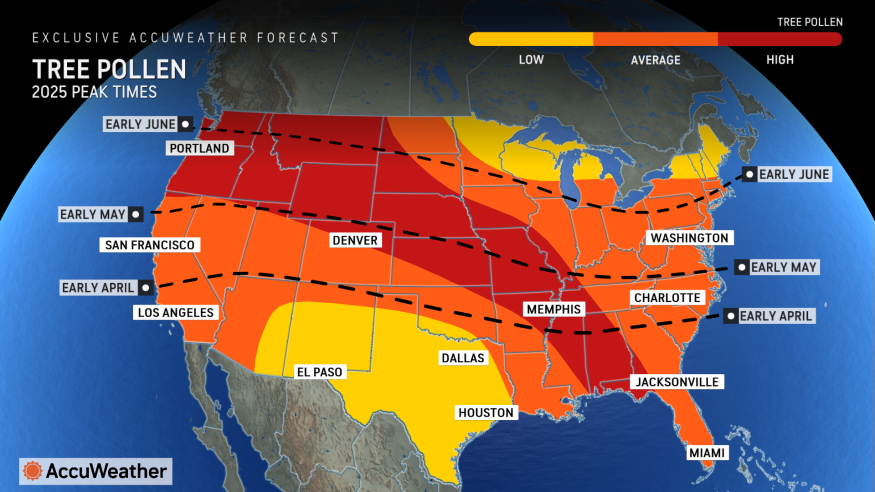
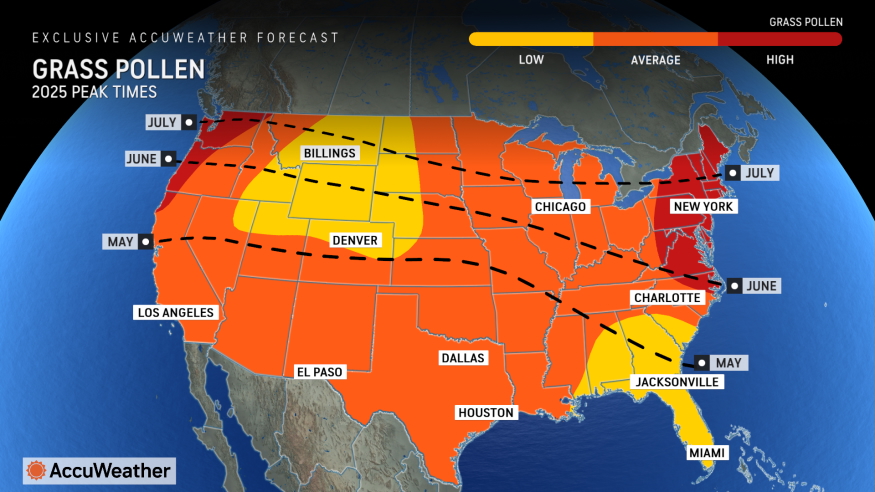
Follow this simple formula to pinpoint peak pollen season each year.
Proper Planning Prevents Pollen Problems
Knowing may be half the battle, but allergy-sufferers can take additional steps and further reduce their exposure to pollen:
- Take a shower and wash your clothes after going outside.
- Keep your grass mowed to decrease pollen production.
- When gardening, choose plants that produce large or sticky pollen grains.
- Allergic Living offers a detailed list of low-allergy plants for the garden.
- Wait to go out until the afternoon or evening, when pollen is less active.
- Reference the latest pollen report for timely updates on pollen levels around Raleigh.
The N.C. Department of Environmental Quality’s Pollen Monitoring Service offers additional resources to help with your pollen preparations.
Did You Know?
Pollen also impacts other plant-based products, including those related to trees, from paper, pencils and the lumber in our homes to toothpaste and a myriad of food products.
In fact, pollen is a critical catalyst to North Carolina’s $111 billion agriculture industry (the state’s top economic sector), roughly $10.5 billion of which comes from forestry industries.
- Categories:
